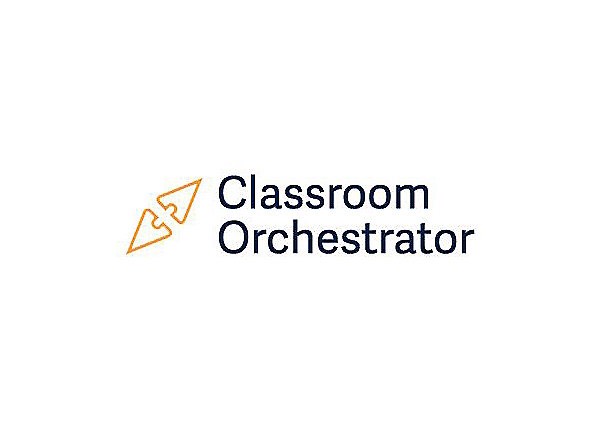Big Brother comes to Cary-Grove

In times of great change, many look at previous works of fiction for guidance. Pieces of work such as those set in certain dystopian futures. Pieces that display what a potential totalitarian future can do to modern day society also come up.
A common element in these books is the use of technological surveillance. Now, some students may fear that future is leaping out of the pages of science-fiction novels and into their lives at Cary-Grove.
The district has adopted the use of Orchestrator, a new classroom organizer from Google that allows teachers to “now have a clear mirror to see through that shows them what students are doing,” as technology integration specialist Mr. Blatti said.
The app is able to monitor students and has features that are controversial among the student body.
While sessions are limited to 45-minute time slots, this technology allows a teacher to view what students are actively doing on their chromebooks in class discreetly by not alerting students that they are being watched. This provides a teacher with that “third eye” that many of them have always dreamed of having when it comes to Chromebook use.
By also having the ability to look at a student’s web browsing and url history at will, the program is designed to make sure nothing bad is going on behind a teacher’s back. The feature that allows teachers to take screenshots of students’ screens lets them store any information that the student is accessing.
These feature have some students concerned about their online privacy, but one of the biggest concerns kids have is whether the program allows teachers to see students’ computer screens at home if they’re signed in to their D155 Google accounts. Assistant Principal Mrs. Saffert was unable to confirm or deny this possibility.
“Not many people are using it right now,” Mrs. Saffert said, so the program is still in an experimental phase with teachers and staff.
But, even with this being the case, there is already a divide between administration and student opinions regarding this new technology. The administration supports this new form of online surveillance.
“Orchestrator gives [the teachers] a chance to make sure students are on task during class,” Mrs. Saffert said. “We are doing this service for the kids by giving them these Chromebooks so that they have this platform to be able to work in class, in study hall, waiting for the bus, at football games, or even at home. I just hope that people don’t abuse this, because I really would hate to have to take that away. Hopefully people will respect that.”
The Deans also support using Orchestrator and are working with the deans from the other three high schools to develop a discipline policy related to it. For students who currently follow district rules on technology use, they don’t think it will be an issue.
“Why do you have a reason to hide unless you are doing things you shouldn’t anyways?” Dean Langelund asked.
But, though this may be the ideas held by the higher ups in the school, the students themselves have a different viewpoint.
Instead of having a fear that they cannot “hide” potentially dangerous stuff, many students feel that their privacy is being taken away from them due to this new management software. They feel as if this is not a matter of having their ability to “dust things under the rug,” but, instead, see this as an extension of their views on technology in the classroom. This adds to students’ issues with scaled-up usage of technology that strips them of student-and-teacher interaction, and it stunts their their independence and growth.
Students expressed their views on this new form of technological policing through an anonymous online survey. While most said they wouldn’t change their online behavior as a result of the program, the overall consensus was that it’s an unnecessary breach of their electronic privacy. Here is a sample of their opinions:
“It’s somewhat invasive, and also shows no trust in the student who is meant to be learning how to be independent. How is a student meant to learn how to grow up and be independent if they are constantly being monitored and babysat?”
“It is hard for me to work when I know someone is watching me. It takes away all privacy. This has to be a bad idea.”
“I understand why they might have to be able to monitor students. But the idea of them watching exactly what I’m doing is creepy and I think we should at least have an alert pop up onto our screen when a teacher is watching us.”
Some student concerns stemmed from a misunderstanding of what the program can do potentially do, indicating the administration should explain this new feature more extensively to the student body as a whole.
Perhaps the most important idea that comes from all of this is whether, if we need a program like Orchestrator to monitor students’ computer use, we should be pushing so hard for all of this technology integration. Is this push bettering the high school learning experience, or is it harming it?
That is the question that Cary-Grove needs to ask itself before changes are made that can further shift the future of education in the electronic world.
